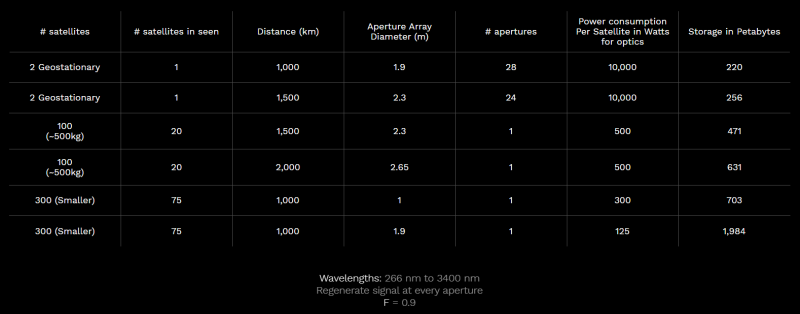
On Habré, they once talked about the idea of placing a data center directly in the Earth's orbit. Of course, it was expressed not only here, but now it seems that it can be realized. LyteLoop Technologies is developing technology for storing data on board satellites. And these are not just fantasies: the companies have already allocated $ 40 million for the implementation of plans.
The storage is not quite ordinary. It is a photonic data store where information is encoded by pulses of light traveling in a closed fiber or between mirrors. LyteLoop representatives say that something similar can be created on Earth, but this technology is much easier to use in space.
The head of the company, Ohad Harlev, previously worked in the satellite industry, so LyteLoop Technologies is not starting from scratch. She has the necessary knowledge base, experience and contacts. Over the next three years, the company intends to deliver six experimental satellites into orbit at once. In another five years, if all goes well, the storage service itself will be operational.

After receiving the investment, the company is going to hire engineers and scientists who can improve the technology. The main customers, according to a LyteLoop spokesman, are companies that need to store large amounts of data. Primarily, these are B2B-oriented businesses, plus companies with stringent security, privacy or data management requirements.
According to the technology developers, satellite storage is safer than traditional storage. Data resides in space, traveling at the speed of light within and between satellites. It is planned to use quantum encryption for additional information protection.
All this is important, but the main thing is probably the storage of data outside the jurisdiction of any of the countries. The space
Another advantage of the new system is scalability. The more satellites, the more communication channels between them, the greater the storage capacity. Of course, customers will have to pay more to be able to use a space data center. But it's probably worth it. By the way, Harlev claims that the cost of operating and managing a 1 exabyte storage facility in space is an order of magnitude lower (yes, there is no mistake, exactly 10 times) than on Earth.
True, the calculations are made for a long-term period - for 10 years. Probably, if you take the first year and add the cost of launching a satellite, it will turn out to be much more expensive. Nevertheless, the head of the company claims that the operation of a space data center is simpler than a ground-based one - no water and air are needed for cooling, plus additional resources are not required for data storage.

When it comes to data access, there are no problems here either. After requesting a specific file, it goes to the gateway satellite, and then to the LyteLoop satellites. The latency during data processing is only 45 ms, which is comparable to the characteristics of the network on Earth.
